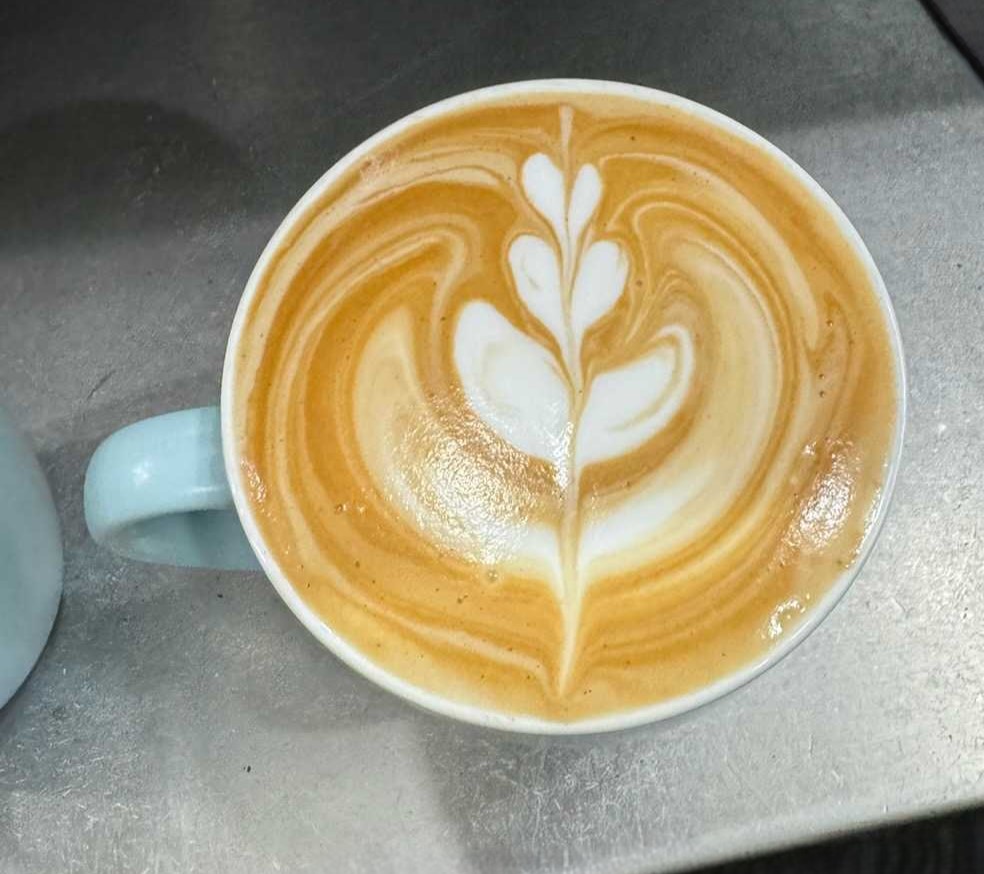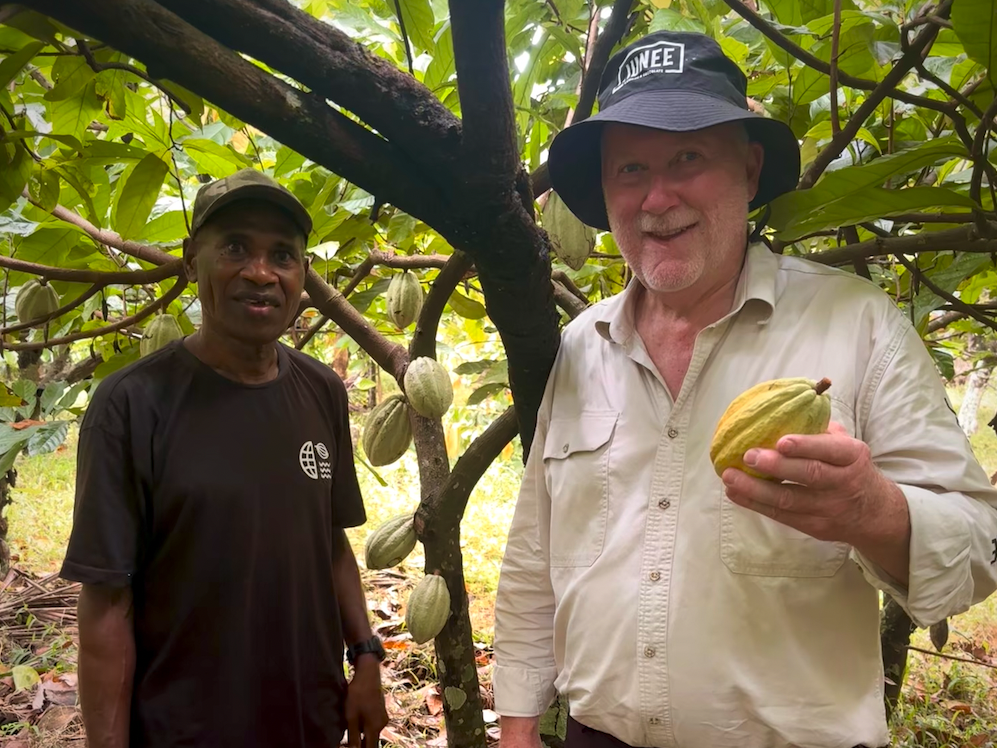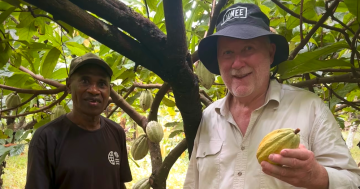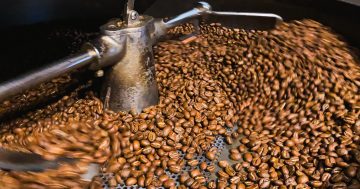
The cost of a flat white is set to rise as coffee prices hit a 50-year high. Photo: Colin King.
Canberra coffee lovers were devastated to learn this month that another of their favourite treats is about to see a price hike.
Aussies consume almost two kilos of coffee per person per year, and cafe culture in the nation’s capital has no problem keeping up with the likes of Melbourne or Sydney despite our differences in population.
But rough weather in major coffee growing regions across the Pacific and South America in recent years has caused the price of beans to soar, which has some traders warning a standard flat white could cost consumers up to $10 in 2025.
It’s not just coffee drinkers feeling the pinch. Coupled with a weakened Australian dollar and global supply chain issues, the situation is also affecting boutique roasters and cafes.
Shaun Matthews, owner of Bean Culture in Mitchell, said green beans were up 30 per cent or more for specialty coffees.
“Roasters are lucky to make $10 on a [one kilo] bag of beans so that really eats into our bottom line,” he said.
“When COVID hit and the cost of freight went through the roof we had a significant increase in our costs. When we attempted to pass these charges on many complained – some threatened that if the price increased they would go elsewhere.
“Some roasters will absorb pricing to some extent, but [eventually] pricing will need to be increased.
“There is not much margin selling a coffee at $5 after you consider all the expenses required to operate and maintain a cafe, staff and supplies.”
The situation may not be quite so dire – some roasters believe as long as everyone keeps their heads, end consumers probably won’t pay more than a dollar extra per cup.
Sam Steiner from Alfresco Coffee Roasters in Moruya sources his beans from Columbia, Phillipines and Nicaragua. He said it cost him at least 40 per cent more to import coffee beans than it did 12 months ago.
“It’s definitely hard times in the coffee world, but Australia still has the third cheapest cup behind Brazil and Turkiye,” he said.
“While I’m confident we will see a price increase, how big it is really depends on how we approach it.
“We’re already seeing panic buying happening and I think that’s going to drive prices up more than anything else because our industry is already undersupplied.”
The rise in coffee prices follows a similar spike in the cost of cocoa, which surged to a 50-year high in 2024.
Extreme weather impacting suppliers in West Africa saw the stock price of cocoa per tonne almost triple at the start of the year.
Neil Druce from the Junee Licorice and Chocolate Factory said it was the higher end of the market that was bearing the brunt.
“Unlike the cheap stuff where they substitute different ingredients, we use the whole of the cacao [cocoa] bean for our Belgian-styled couverture chocolate,” he said.
“The cheap stuff will probably stay cheap but the really good quality chocolate will become more expensive to make.”
The price hike has been a boon for suppliers in the Solomon Islands and Papua New Guinea, who stepped up production to meet the growing demand, and Mr Druce said Pacific partnerships with emerging suppliers such as Vanuatu could be the way forward.
“I like the idea of working in the Pacific because I feel like we are neighbours and it would be great to source more locally grown cacao,” he said, adding that they still had plenty on hand to keep the chocolate coming.
“We’re doing everything we can to keep the price at a sensible level and we want to lock in that supply for the future.”

Neil Druce visits a cacao plantation in Vanuatu in 2024. Photo: Supplied.
While coffee and chocolate prices have come as blows to consumers, the rising cost of a third commodity has struck at the heart of Australia’s identity and has beer drinkers fuming.
Once again, the cost of alcohol is also set to soar with the six-monthly increase to the alcohol excise tax next month.
Current legislation mandates a twice-yearly alcohol excise tax increase in line with the consumer price index (CPI).
From 3 February, the tax is expected to add around an extra $1 to every drink.
It looks like 2025 will be another year to tighten the belt and hope that the Reserve Bank of Australia’s first meeting, in February, will see a rate cut and a little relief as the cost-of-living crisis continues.
Original Article published by Chris Roe on Region Riverina.














